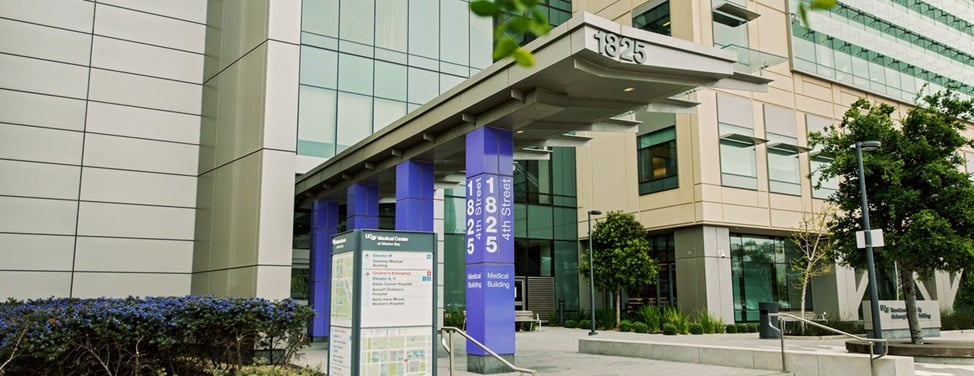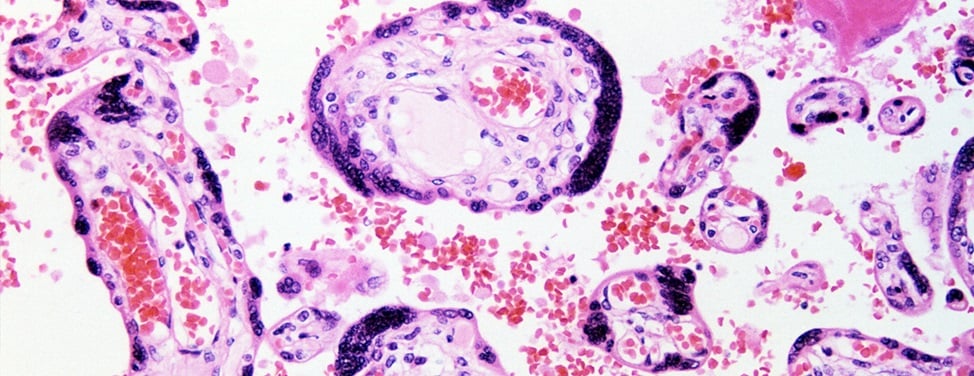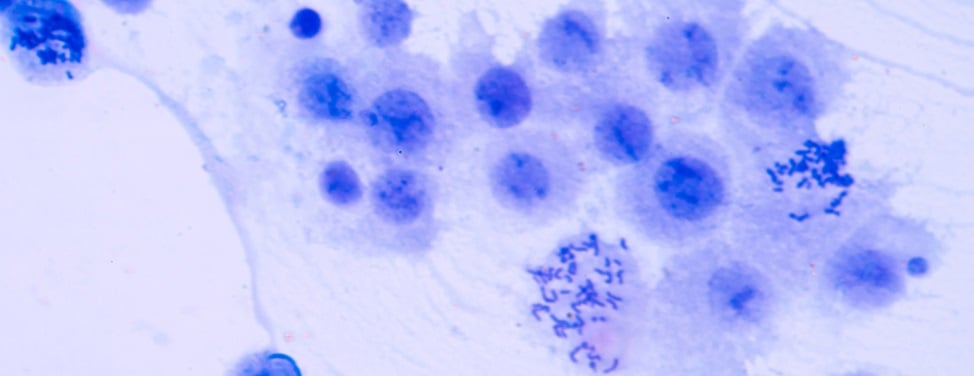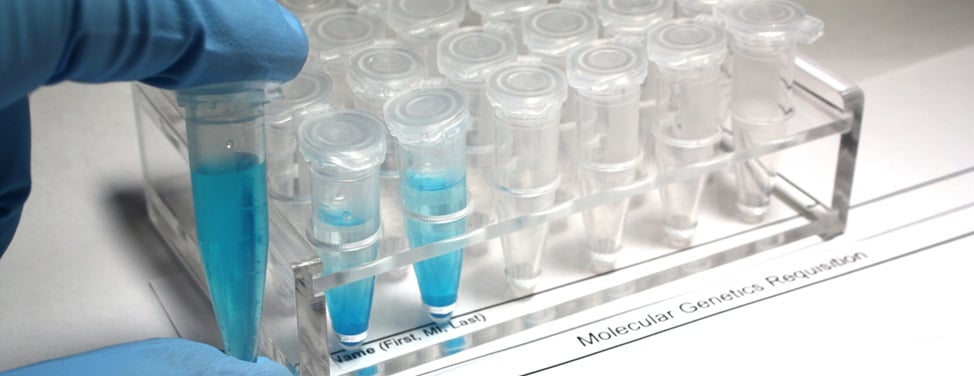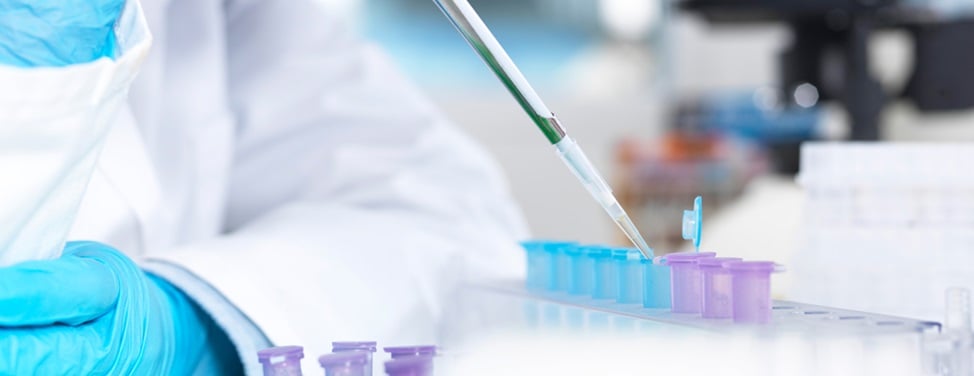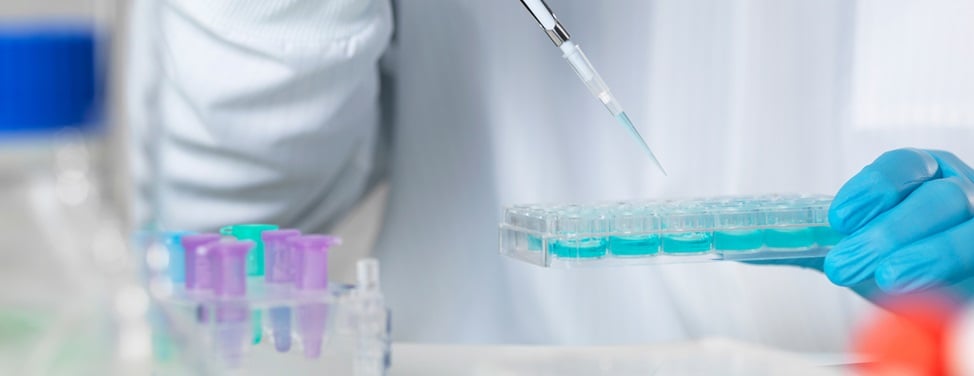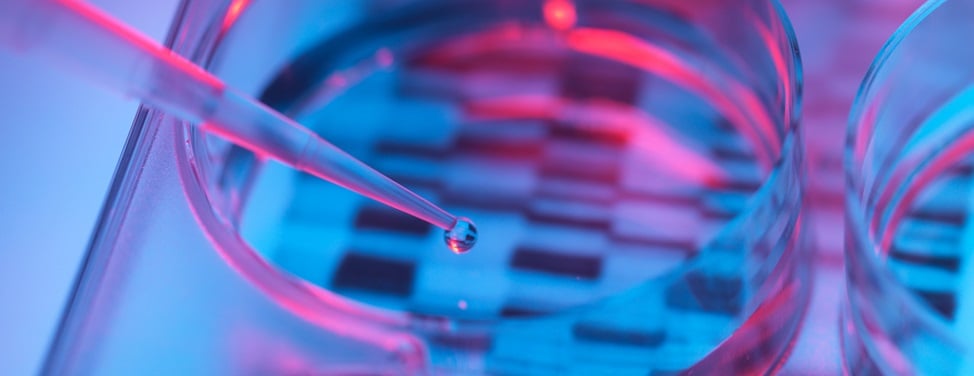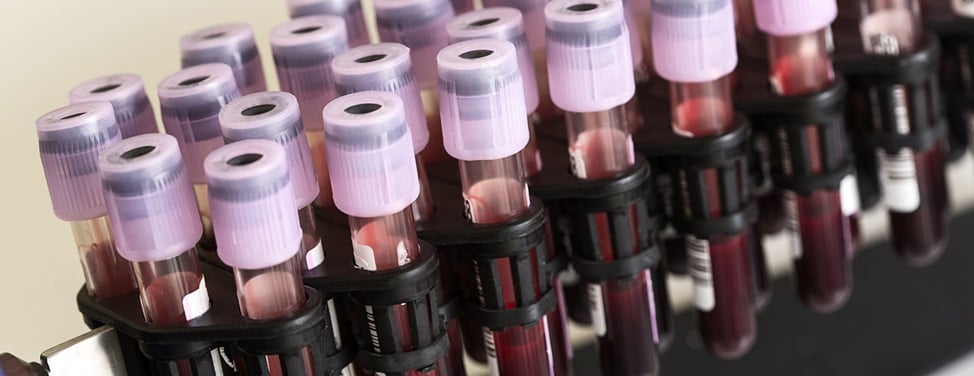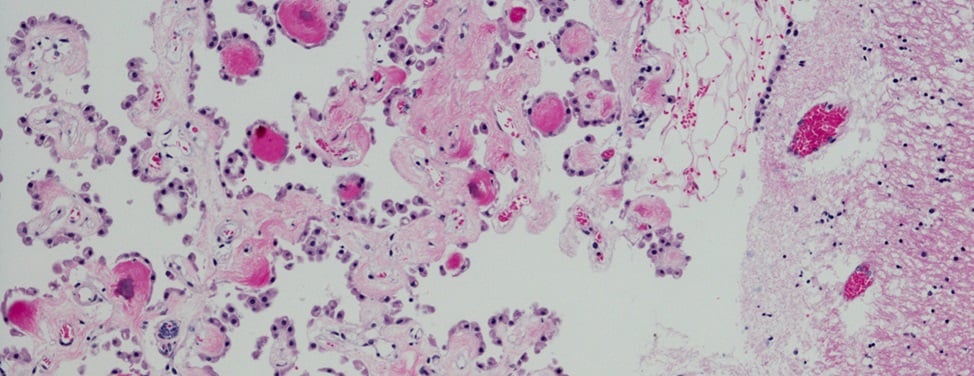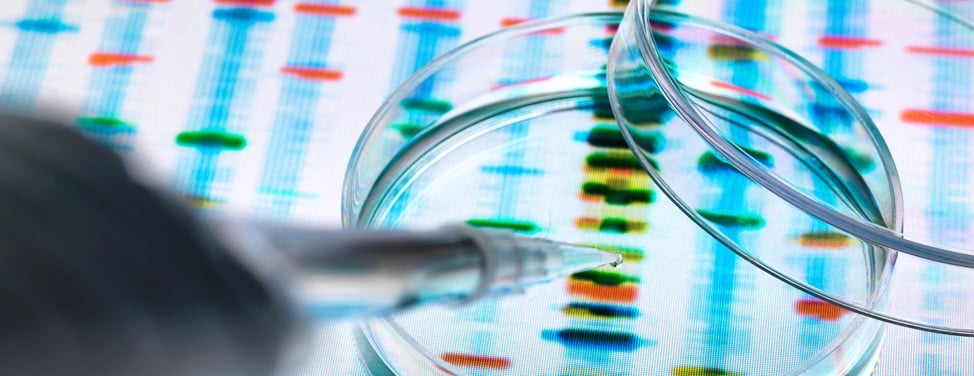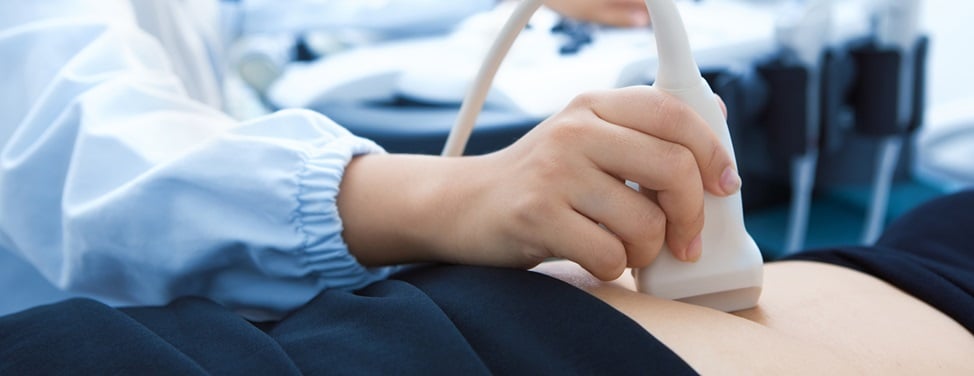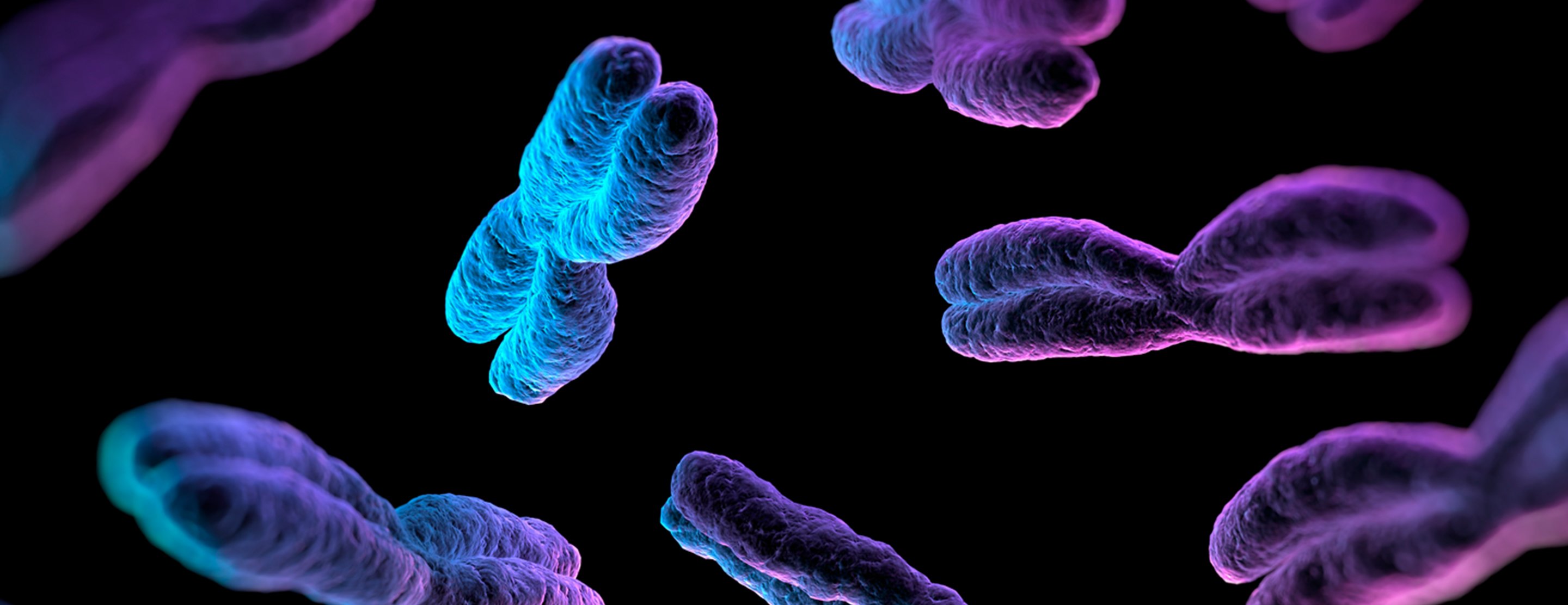
FAQ: Amniocentesis
Amniocentesis is a prenatal test that can detect chromosomal differences, such as those that cause Down syndrome, as well as extra or missing pieces of chromosomes, called copy number variants, some of which are associated with certain conditions.
This test, typically performed at 16 to 22 weeks of pregnancy, can also be used in at-risk fetuses to identify some genetic diseases caused by a difference in a single gene, including cystic fibrosis, sickle cell disease and Tay-Sachs disease. Amniocentesis can also be used to screen for neural tube defects, which are birth defects of the brain and spine, such as spina bifida.
The doctors, nurses and other members of the UCSF Prenatal Diagnostic Center bring a wealth of expertise and experience to your care and have performed more than 40,000 amniocentesis procedures over the past 25 years.
Why choose amniocentesis over chronic villus sampling (CVS)?
Although performed later in a pregnancy than CVS, amniocentesis has the advantage of screening for neural tube defects, such as spina bifida. (Those who opt for CVS need to have a blood test later during pregnancy to screen for neural tube defects.) For that reason, amniocentesis is recommended if you have a child with a neural tube defect, if you have one of these conditions yourself, or if the other biological parent does. Also, there is a slightly higher risk of miscarriage from CVS compared with amniocentesis.
What happens before and during the procedure?
First you'll meet with a genetic counselor, who will assess your pregnancy history and family history, explain options for prenatal screening and testing, and answer any questions or concerns you have. This appointment may happen in person at the UCSF Prenatal Diagnostic Center or via a video visit.
You'll then have an ultrasound to assess the location of the fetus and placenta and to evaluate fetal growth. During the amniocentesis itself, which is performed under ultrasound guidance, a needle is inserted through the abdomen to remove a small amount of amniotic fluid. Most patients don't find the procedure painful, although some experience cramping or other minor discomfort.
The sample is sent to the lab for testing. Most results are available within two weeks, although certain tests may take up to a month.
Are any risks associated with the test?
There is a small risk of miscarriage as a result of an amniocentesis. It is approximately 1 in 900.
What are the possible results from amniocentesis?
- Normal. A normal result indicates that the test did not identify evidence of the conditions it was checking for.
- Abnormal. An abnormal result indicates that the test identified a genetic difference in the pregnancy. If this occurs, you'll discuss the results and your options with a genetic counselor and other health care providers at our center, as well as your own doctor. For any decision you make, we offer referrals and support resources.
- Uncertain. An uncertain result indicates that a genetic difference was identified but its effect on the pregnancy is unclear. If this occurs, you'll discuss the results and your options with a genetic counselor and other health care providers at our center, as well as your own doctor. Additional testing may be recommended.
Will my insurance cover the cost?
Most insurance plans cover amniocentesis, chorionic villus sampling and other prenatal tests, especially for pregnant people age 35 or older. You may need a referral from your primary care doctor or an authorization from your health plan to ensure coverage. Our office staff is available to help you with insurance questions.
UCSF Health medical specialists have reviewed this information. It is for educational purposes only and is not intended to replace the advice of your doctor or other health care provider. We encourage you to discuss any questions or concerns you may have with your provider.






